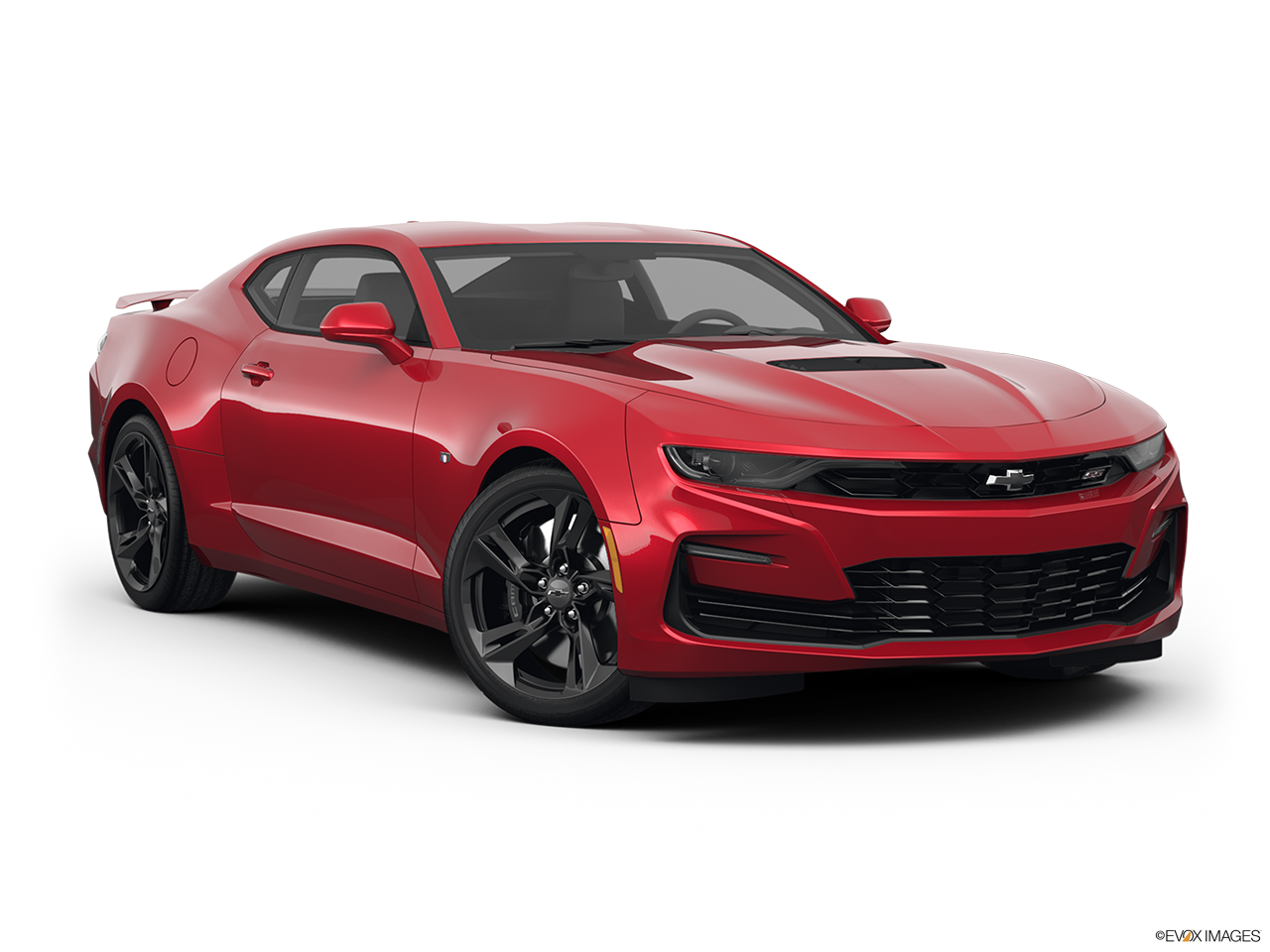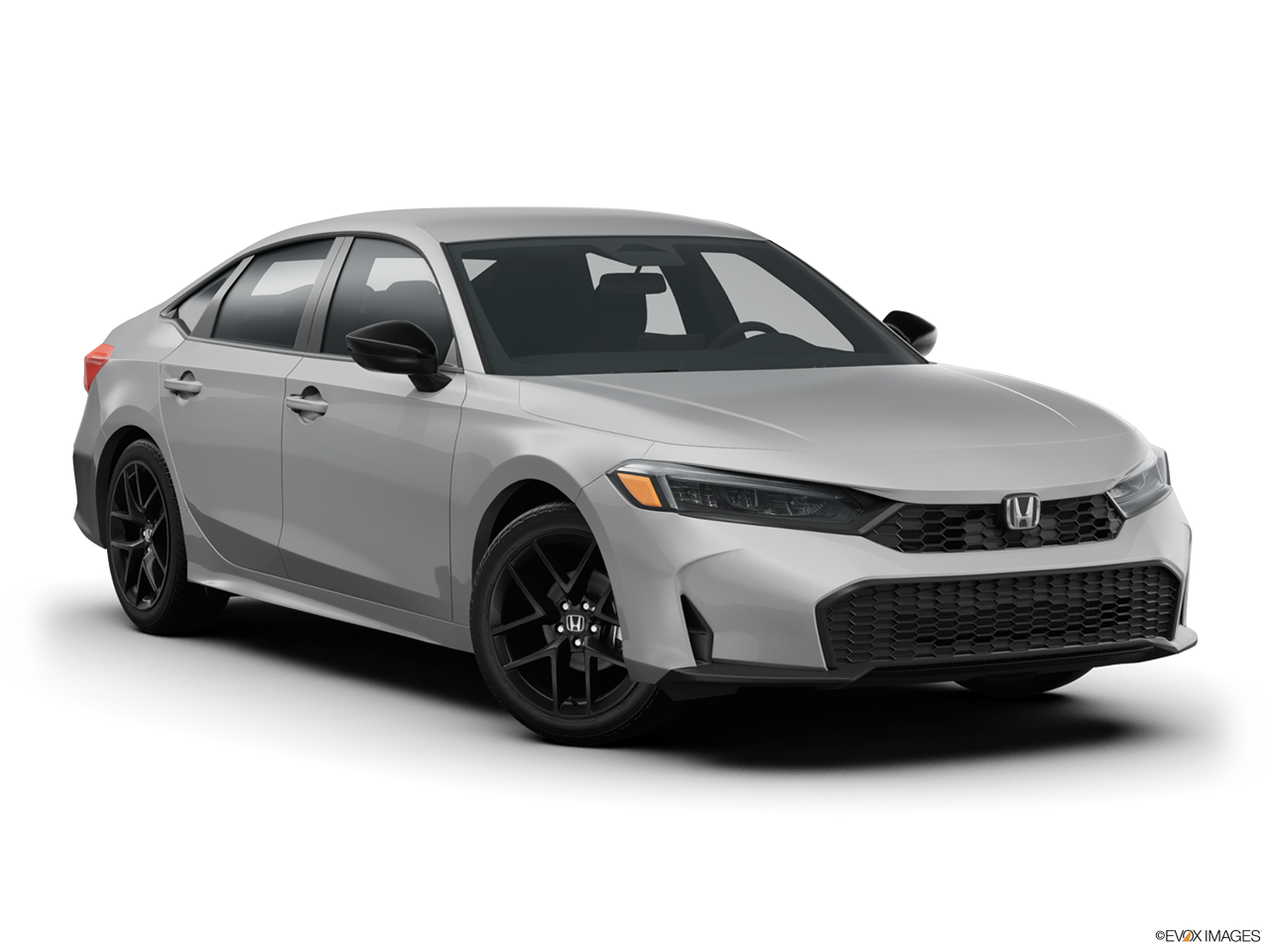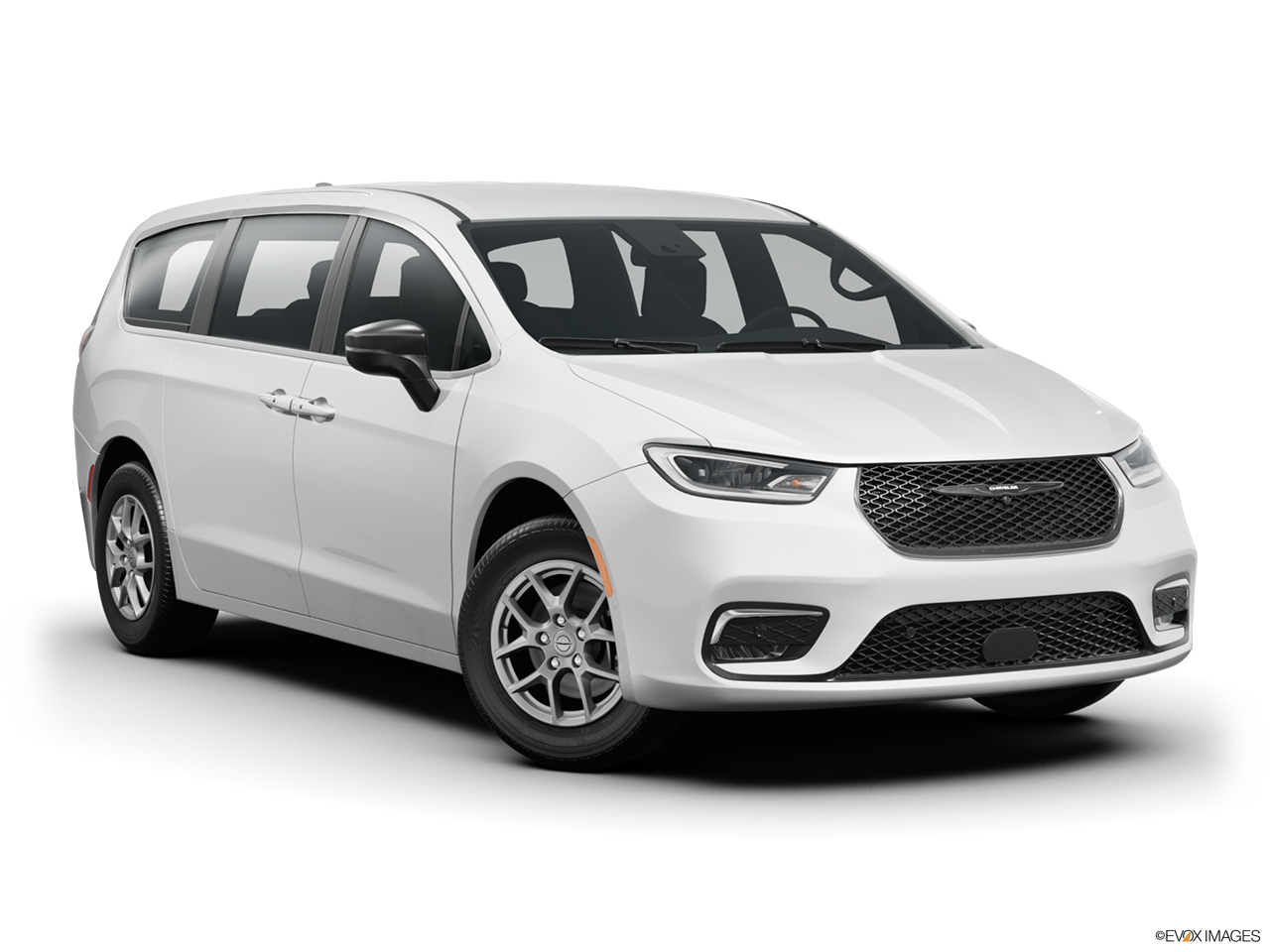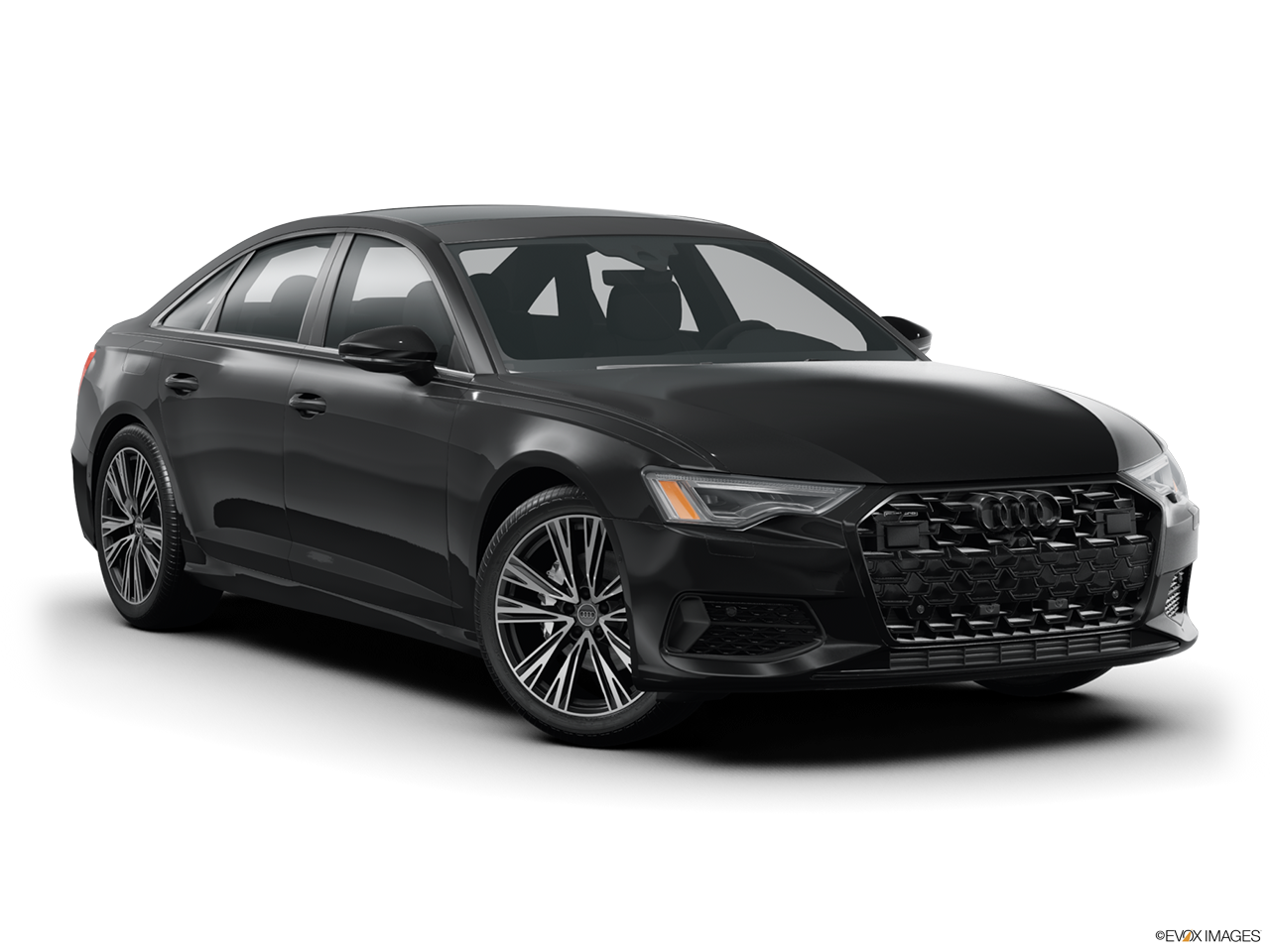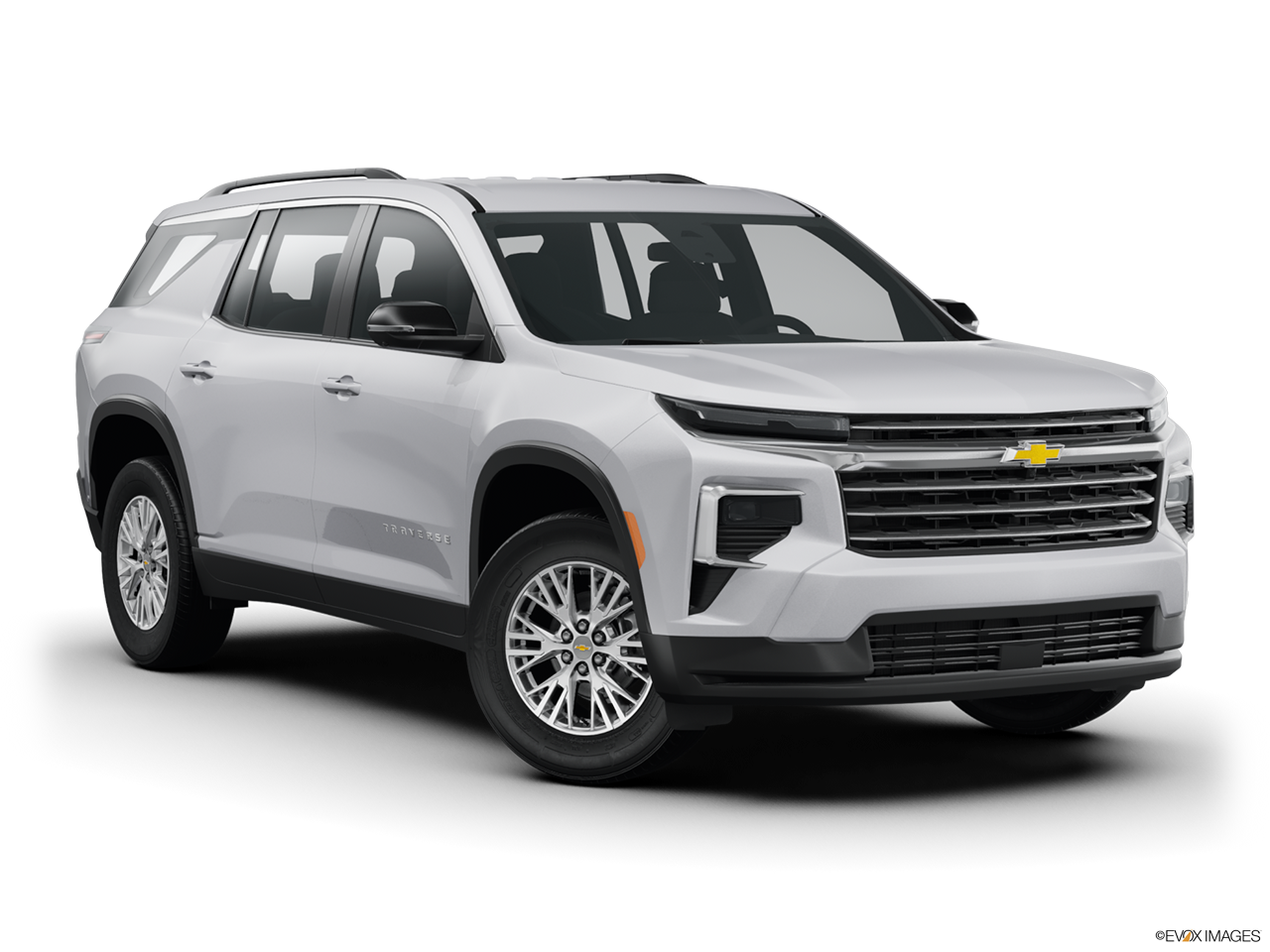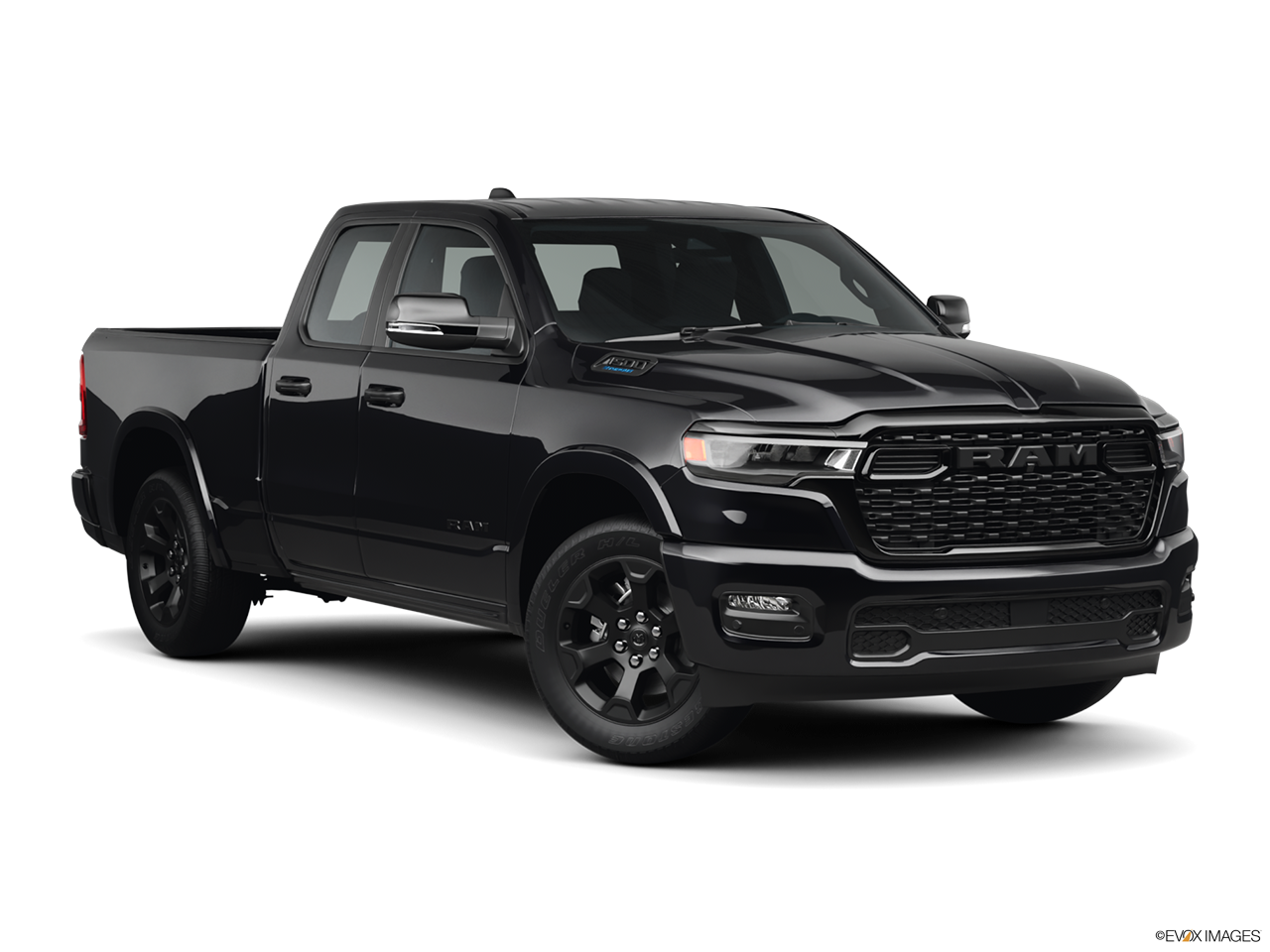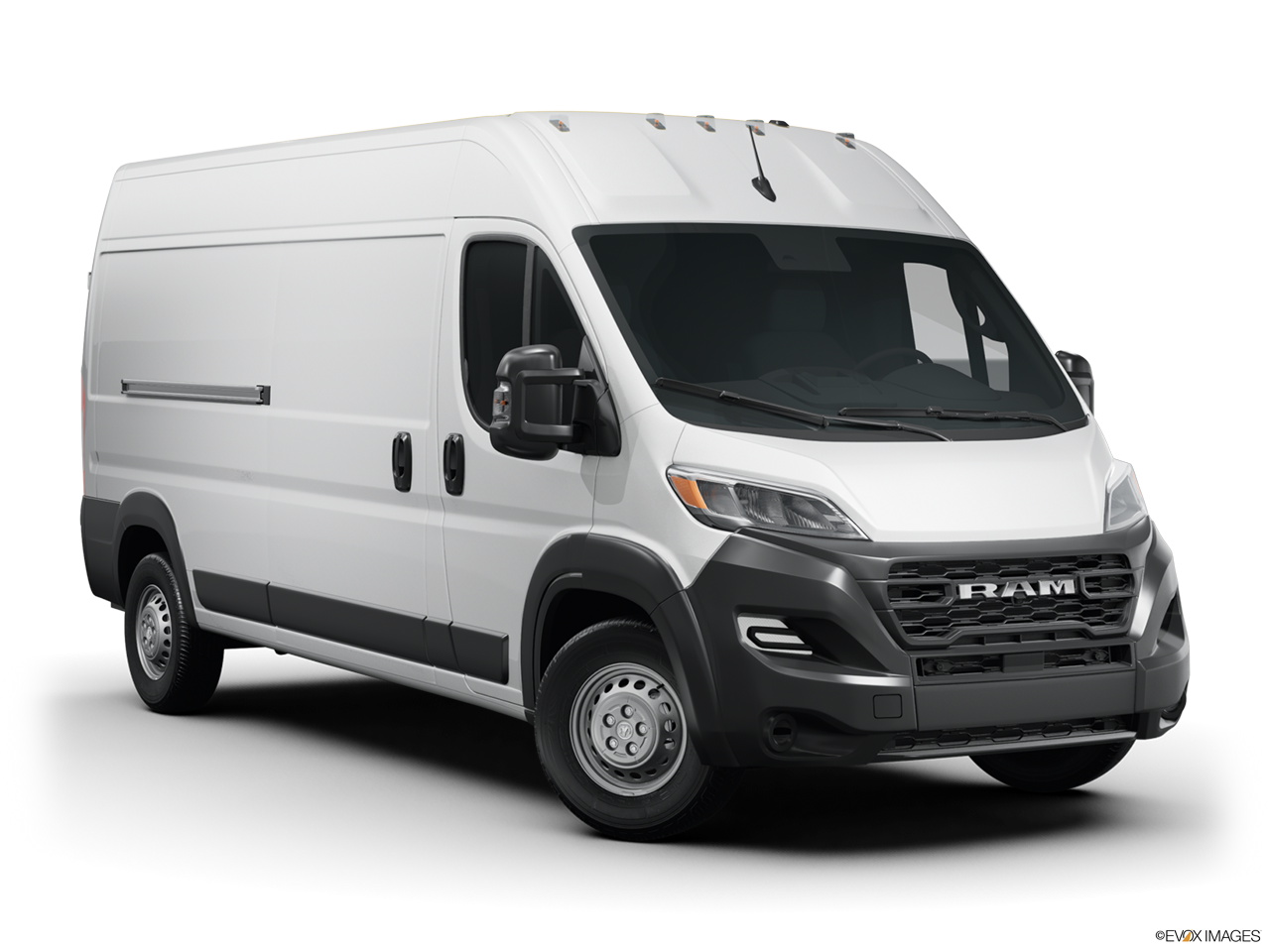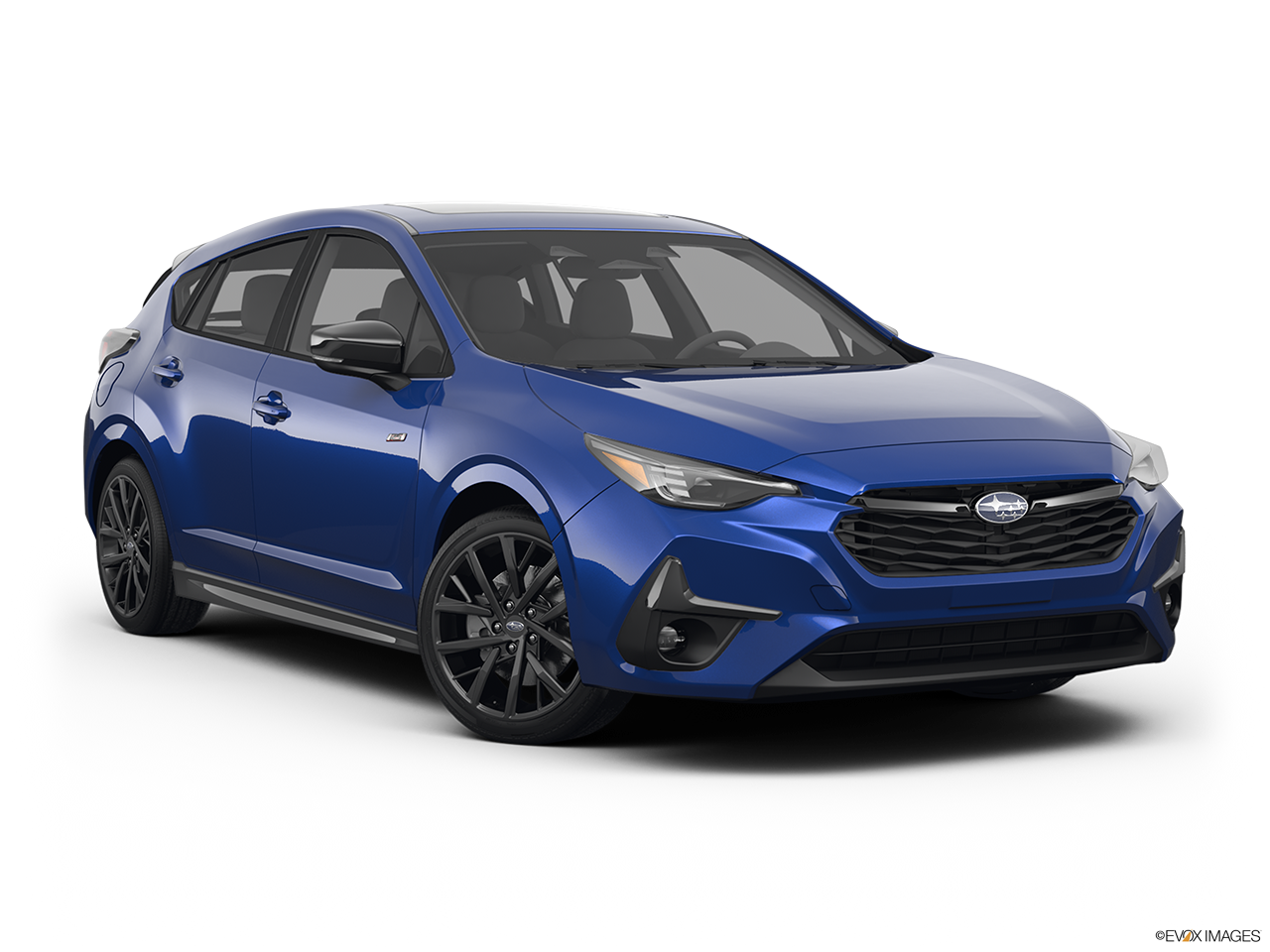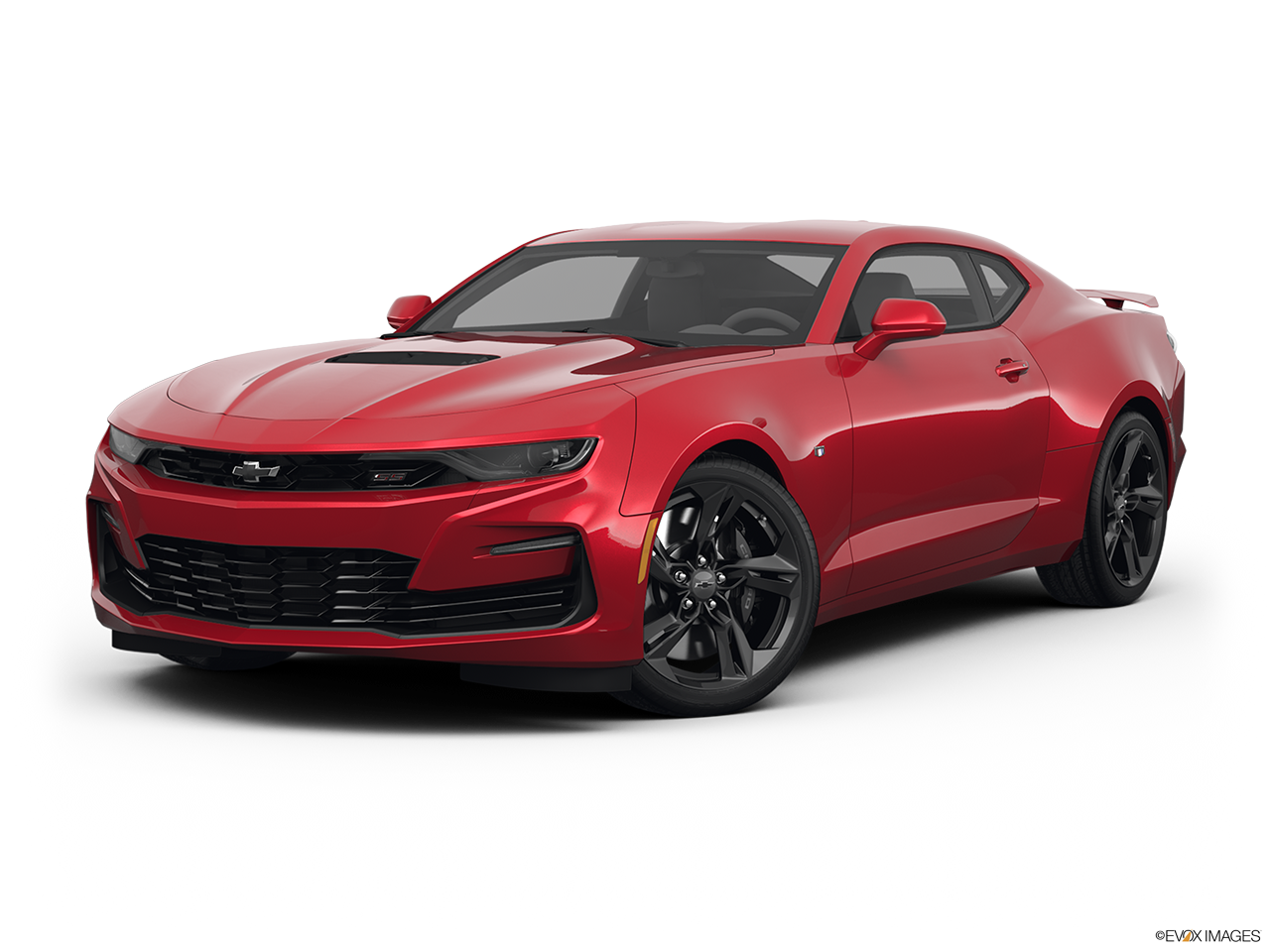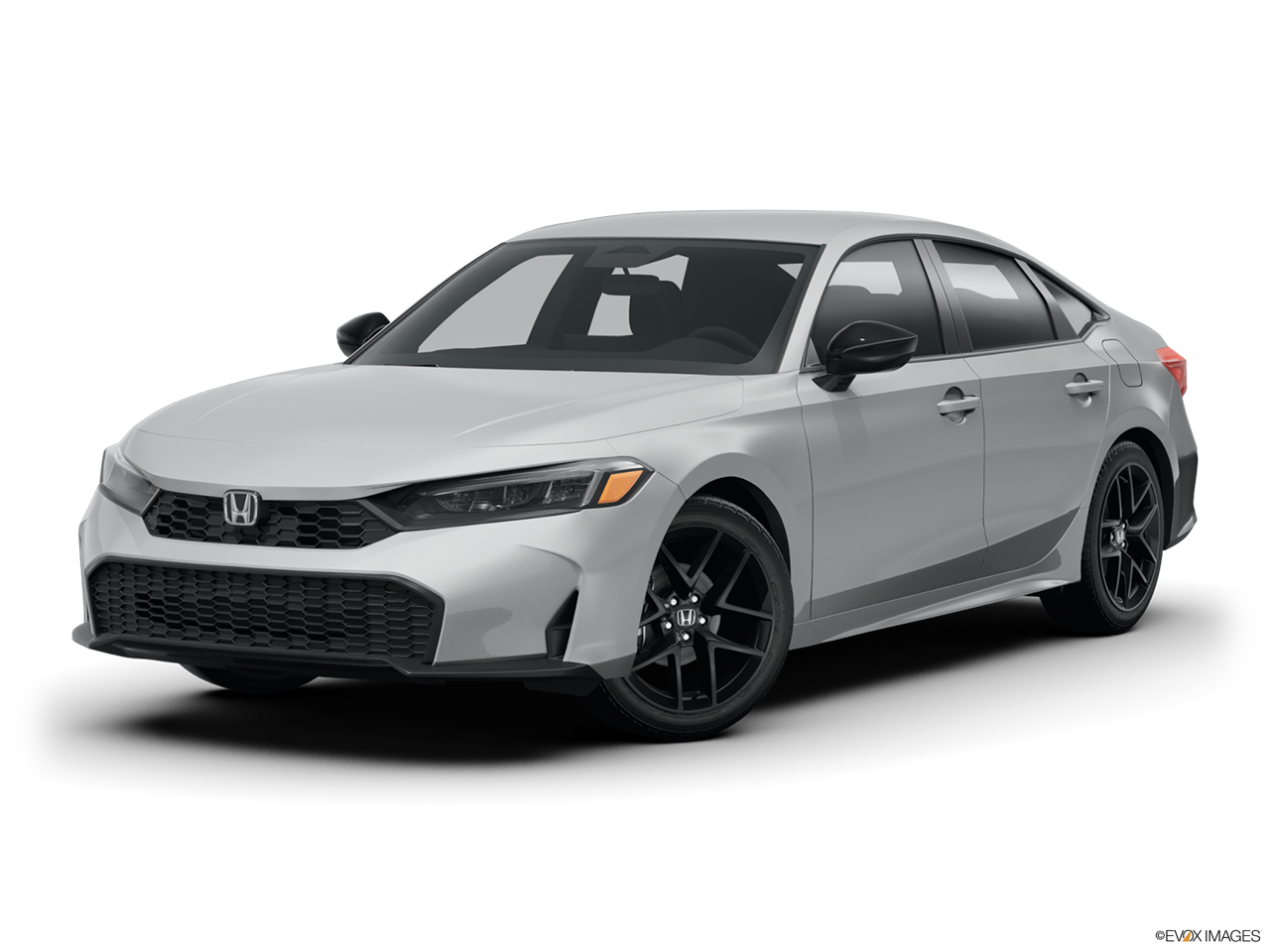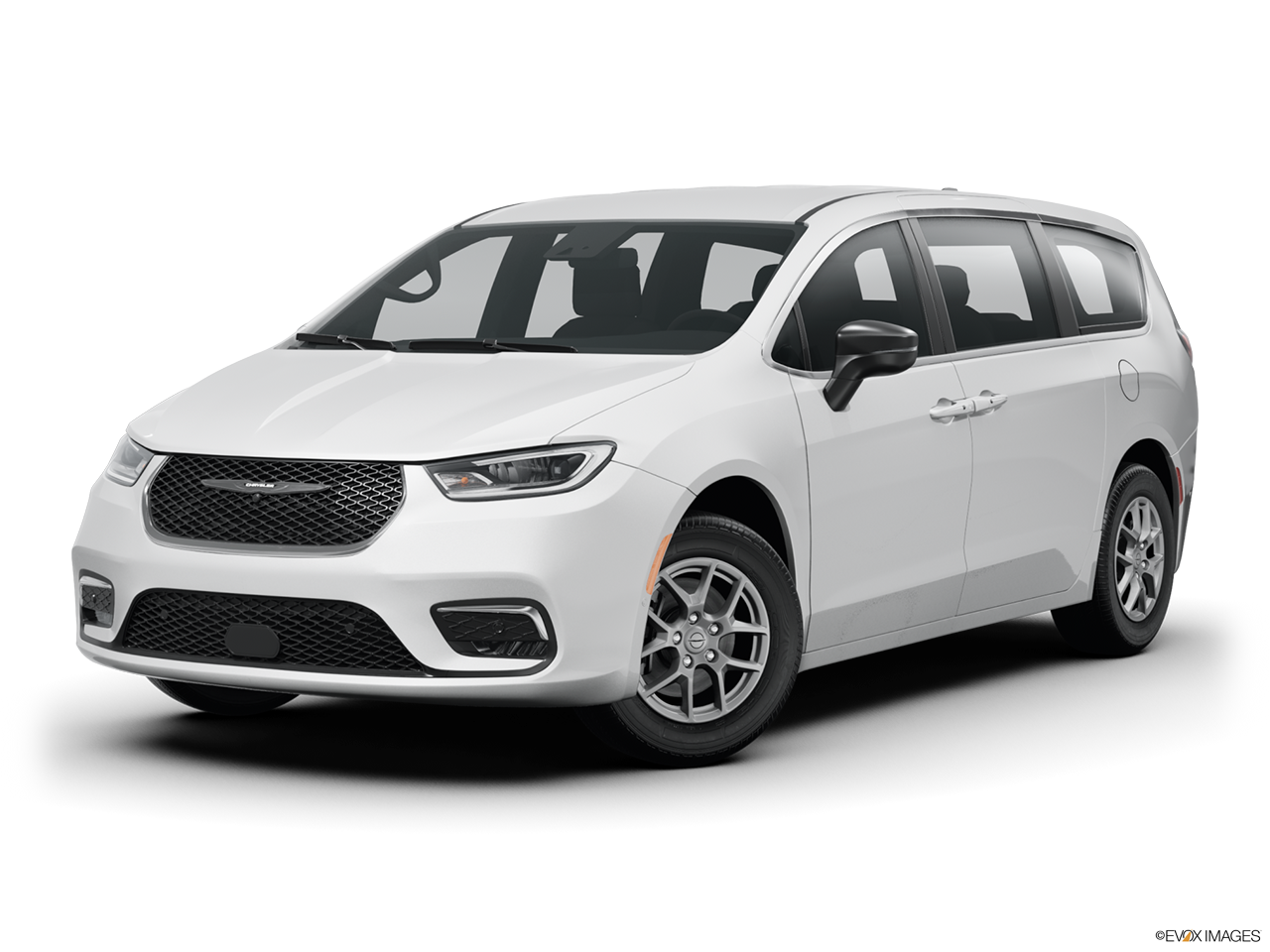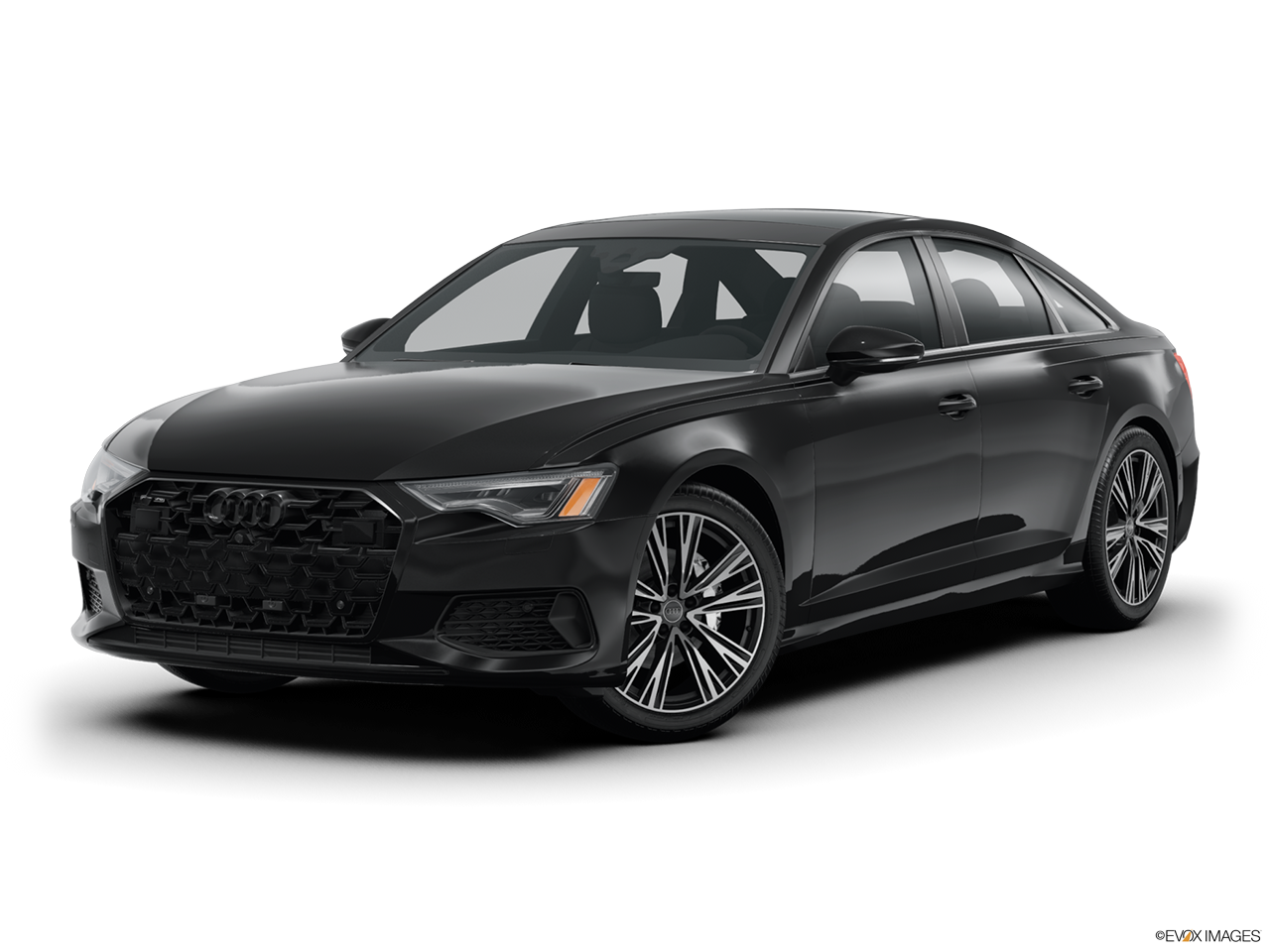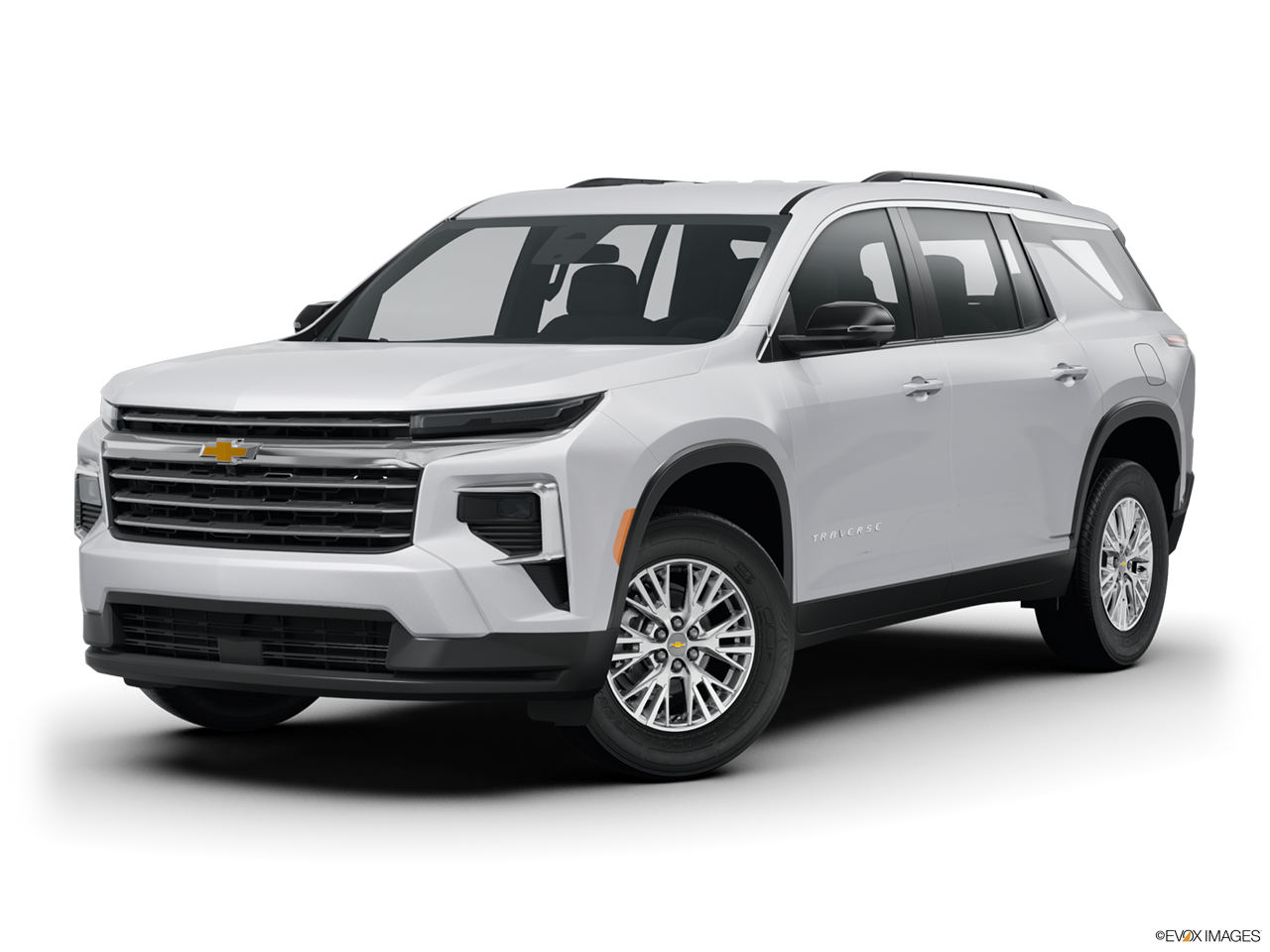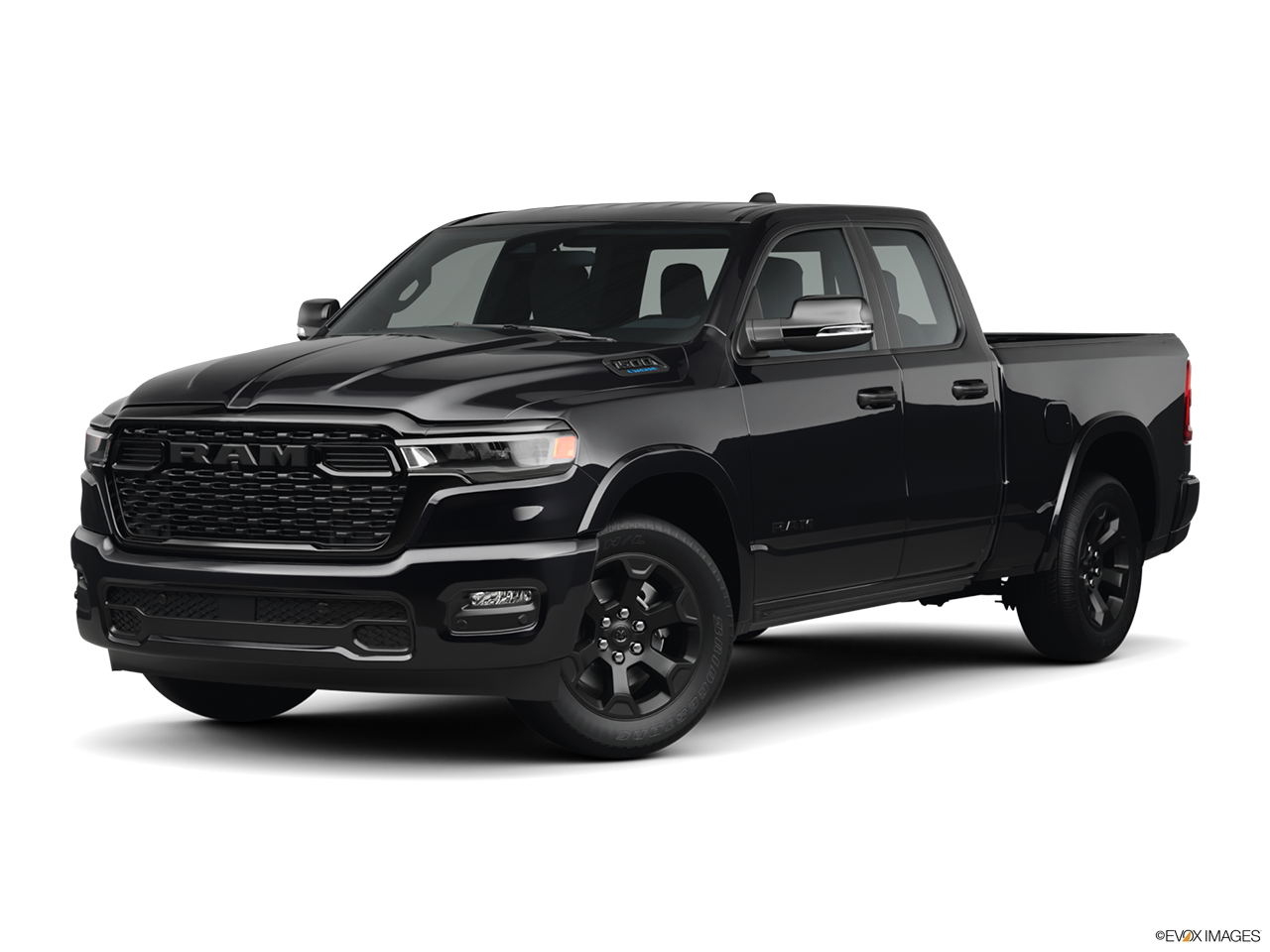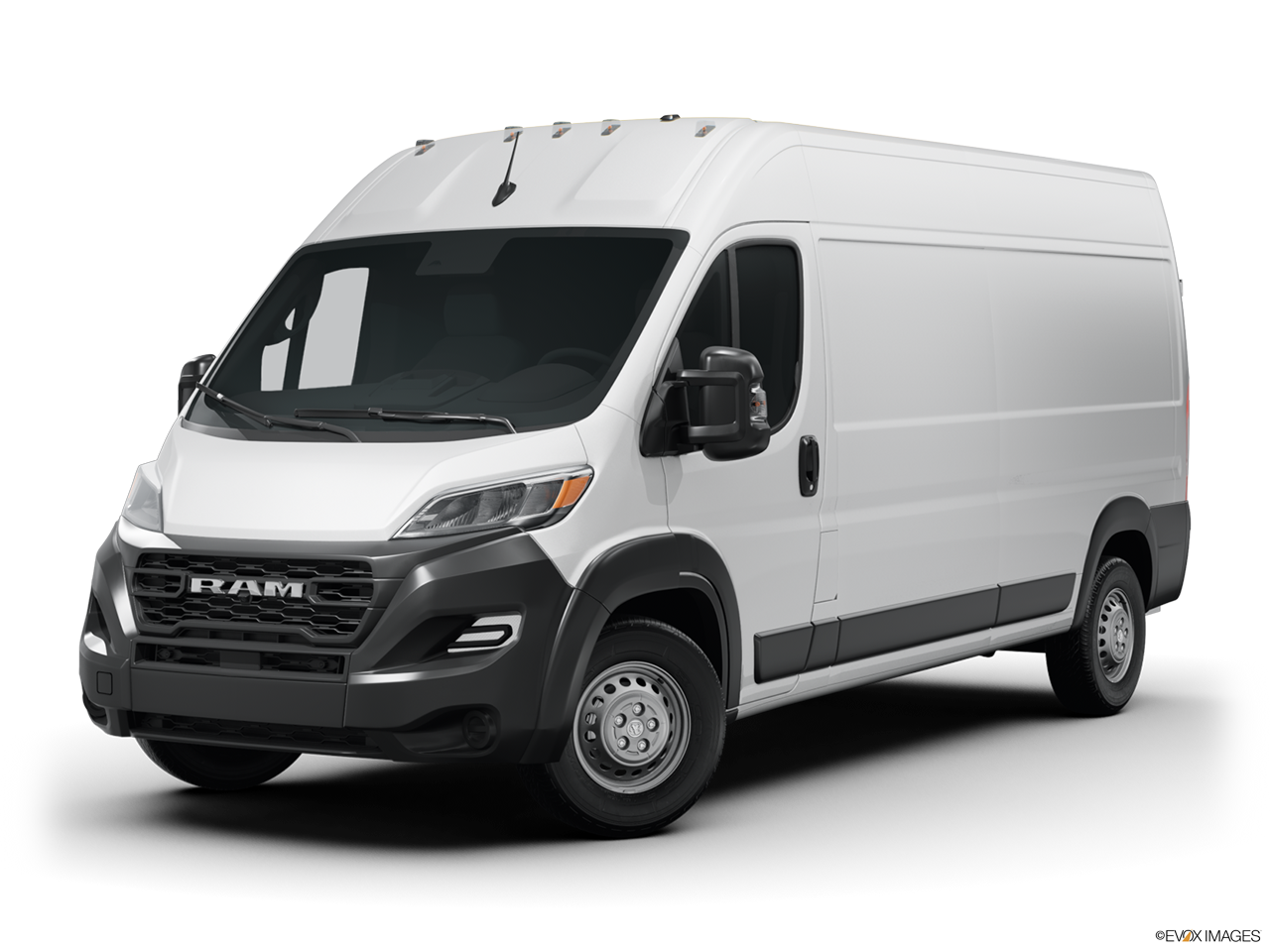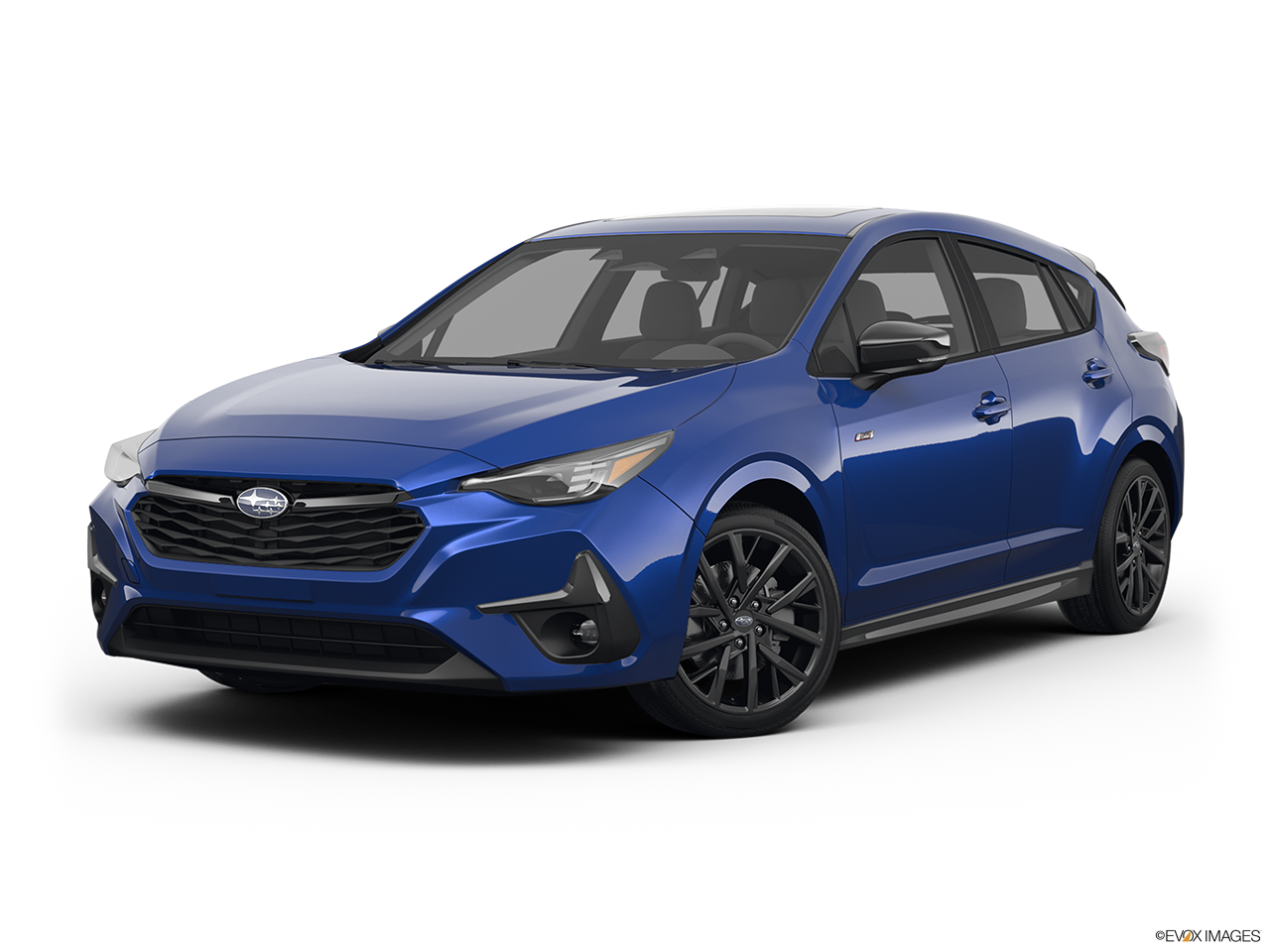SUV vs Crossover, What is The Difference?
By Jakob Hansen, 6/3/2020
What's the difference between SUVs and crossovers?
SUV's vs crossovers is a semantic discussion that can often be muddled. Let's break down the difference.
Related Articles
SUV, CUV, crossover. You’ve seen all the terms to describe the current crop of SUVs rolling around the streets. But what do they actually mean? Is there really a difference between them? Or are they merely analogous structures, developing from different origins, but performing the same function?
The automotive world can be a silly place. The terms that typically define the boundaries of the classes have been ill-defined and unclear, particularly when it comes to the current onslaught of crossovers and SUVs. The terms have gotten more and more skewed, yet are used more and more often in a world where a single manufacturer may have seven or eight SUVs in their line-up.
Simply put, SUV’s refer to body-on-frame vehicles built on truck chassis, while crossovers refer to unibody vehicles built on sedan platforms. The term SUV may be used as a broad phrase to refer to the entire class of vehicles that have a higher ride-height and ground-clearance than their smaller sedan and coupe siblings.
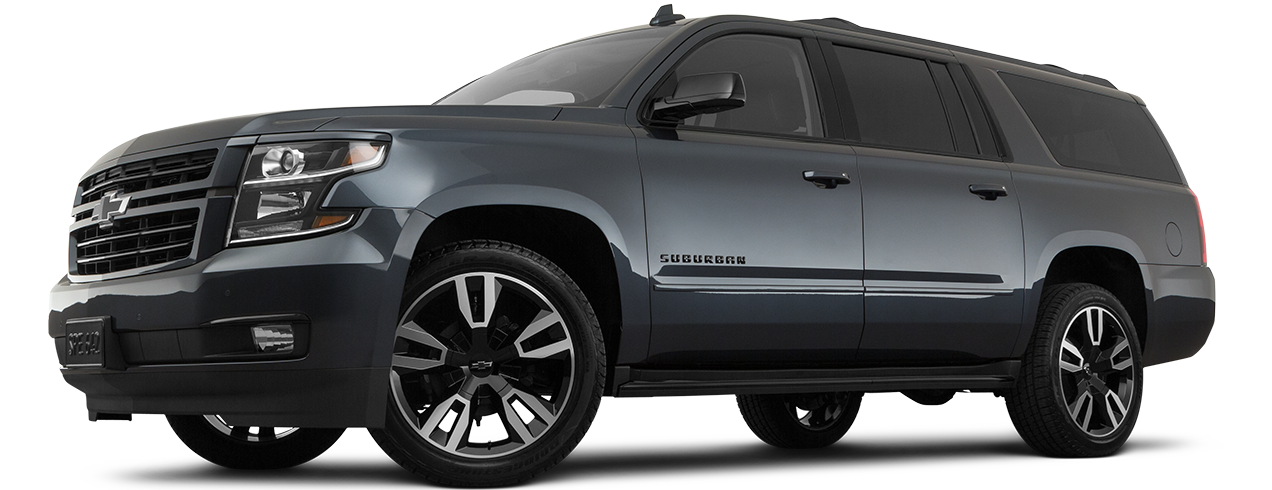
SUV
SUV is an inclusive term. SUV, or Sport Utility Vehicle, is typically used to refer to any vehicle that has a raised ground clearance and higher seating position. Think of “SUV” as a broad umbrella rather than a specific definition.
That being said, there are some who feel that there is a distinct difference between SUVs and crossovers and specify SUV into a narrower definition. Depending on the context of the situation, I would place myself in this class as well.
Traditionally, SUV’s were body-on-frame vehicles. Meaning the body and the frame are two separate entities. The body is mounted directly onto the chassis and they are bolted together, versus the frame being an integral part of the body. Typically, the body-on-frame SUV’s share chassis, or platforms, with pick-up trucks and are referred to as Full-Size SUV’s. This means they are more rugged, strong, and ride more like a truck than a car. This, of course, carries its advantages and disadvantages.
Being on truck chassis means the SUV can tow/haul more, handle rougher terrain, and is more affordable to design, which ends up saving you money on the final cost of the vehicle. To that same point, the SUV’s that ride on a truck from are also typically more uncomfortable, much larger overall (which is also an advantage), and have compromised on-road handling since the center of gravity is much higher and the torsional rigidity is less than that of a vehicle with unibody construction.
Body-on-frame SUV’s were the first to hit the scene all the way back in the 1940s. However, the body-on-frame SUV’s are quickly diminishing and few are left. Chevrolet Tahoe, GMC Yukon, Nissan Armada, and Toyota Sequoia are some of the last of the crop. If you’re looking for an SUV that will work as hard as your pick-up, can haul the kids, their luggage, and the boat, you’ll be looking for a full-size SUV.
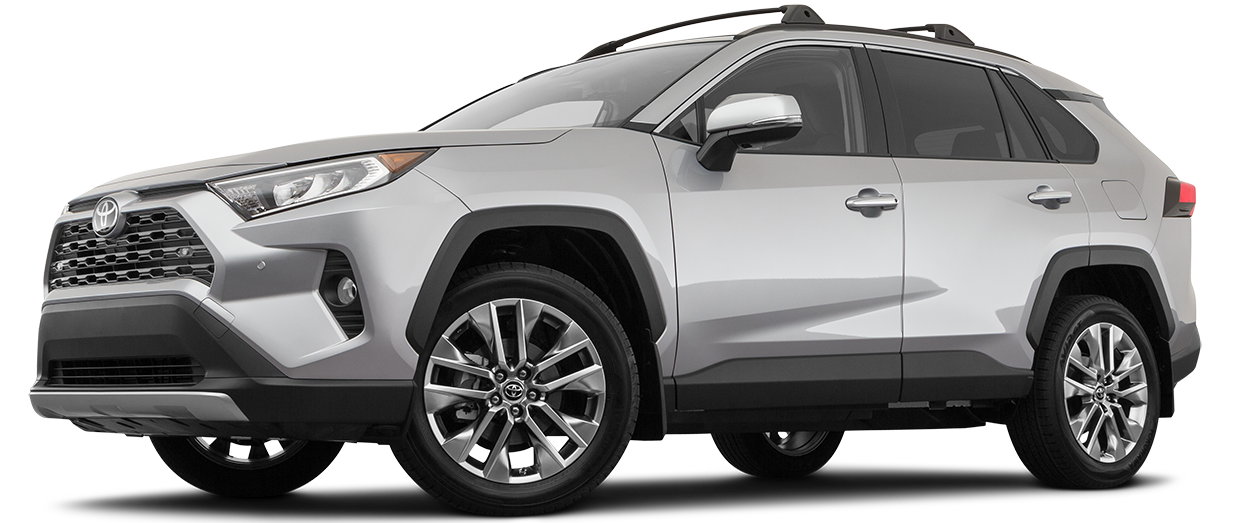
Crossover
Now we come to what most people today are referring to as SUVs. The crossover is a higher-riding vehicle with raised suspension, taller ride-height, and larger ground clearance. Unlike body-on-frame SUVs, crossovers are built on car chassis, sharing body components with similarly sized sedans in the line-up. Similarly, the unibody design means that much of the structure is integrated into the body of the vehicle.
The biggest part to pull from that is that the vehicle rides on a car chassis. The platforms today are designed for both SUV’s and cars, but there is a big difference when designing a platform that supports both sedans and crossovers compared to a truck-based platform. What this means is that crossovers can be more compact, more comfortable, and have far superior on-road handling which is why they are so popular today. They are sort of a...crossover, if you will, between a car and a traditional SUV.
Advantages are as mentioned, with better ride quality being the most prevalent. The entire chassis is designed more towards comfort and convenience, making it a far better platform for passenger vehicles. Disadvantages include decreased off-road abilities compared to a framed SUV, less rugged infrastructure, and lower tow/hauling abilities. The platforms are also far more expensive to design, costing billions of dollars. However, since the platforms can be shared across several vehicles and even between different manufacturers, the cost can be offset with the amount of use.
Since crossovers more or less refer to any SUV built on a sedan platform, the range is wide. Therefore there are several classes of SUV to help determine which is which. From smallest to largest; sub-compact SUV’s, compact SUV’s (also known as small SUV’s), mid-size SUV’s, and large SUV’s. We will cover the distinct difference between the vehicle classes further down the road in our Car Buying Tips section.
CUV
CUV is simply a different way of referring to the crossover segment. It stems from Compact Utility Vehicle, but CUV and crossover and interchangeable. Occasionally CUV will be used to refer to the smallest crossover segment, sub-compact SUVs, as a quick reference. However, this is not an entirely accurate designation.
Overall, the terms CUV and crossover are synonymous, with neither superseding the other.
Conclusion
Once you break it down, the differences are really pretty simple. SUV is a broad term, normally referencing any vehicle with increased ride height. However, it technically refers to vehicles built on a truck platform. Crossover refers to vehicles with an increased ride height that are built on a sedan platform. Semantics can be confusing.

